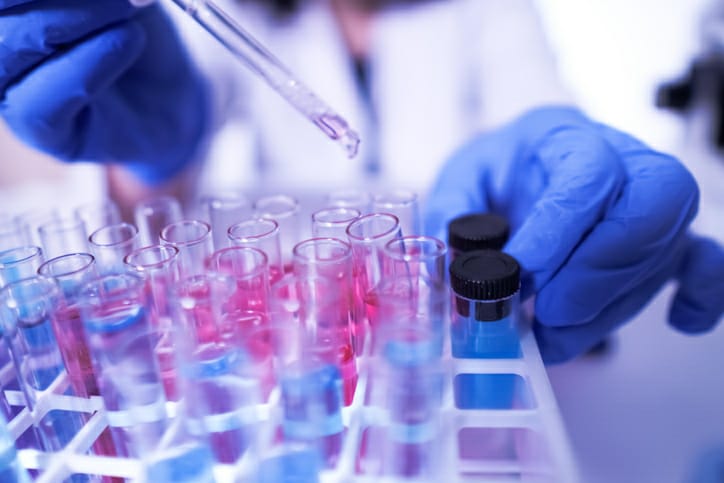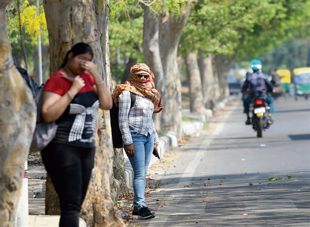
Photo for representation only. — File photo
Melbourne, July 9
The SARS-CoV-2 virus, which causes Covid-19, most likely spread from an animal source to humans, and did not leak from a laboratory in Wuhan, China, according to a review of existing scientific evidence by a global team of scientists.
The yet-to-be published study, posted on the pre-print server Zenodo on July 7, noted that while a laboratory accident "cannot be entirely dismissed", there currently exists zero evidence for such a lab origin of the virus behind the Covid-19 pandemic.
Amid a global debate around the origins of the deadly virus, 21 eminent scientists from universities and research institutes around the world reviewed the current scientific evidence to help clarify the source of the virus.
"Our careful and critical analysis of the currently available data provided no evidence for the idea that SARS-CoV-2 originated in a laboratory," Professor Edward Holmes from the University of Sydney in Australia said in a statement.
"There is no evidence that any early cases had any connection to the Wuhan Institute of Virology (WIV), in contrast to the clear epidemiological links to animal markets in Wuhan," the authors of the paper noted.
There is also "no evidence that the WIV possessed or worked on a progenitor of SARS-CoV-2 prior to the pandemic," they added.
On the other hand, the authors of the study noted, there is a substantial body of scientific evidence supporting a zoonotic origin for SARS-CoV-2.
"While the possibility of a laboratory accident cannot be entirely dismissed, and may be near impossible to falsify, this conduit for emergence is highly unlikely relative to the numerous and repeated human animal contacts that occur routinely in the wildlife trade," they wrote in the paper.
Since the first reports of a novel SARS-like coronavirus in December 2019 in Wuhan, China, there has been intense interest in understanding how SARS-CoV-2 emerged in the human population.
Recent debate has coalesced around two competing ideas: a "laboratory escape" scenario and zoonotic emergence—a transfer from an animal source to human infection.
The global team of scientists warns that a focus on a highly improbable lab origin is distracting from the most urgent scientific tasks to "comprehensively investigate the zoonotic origin through collaborative and carefully coordinated studies".
The authors of the paper noted that without a focus on this line of enquiry, the world will be "vulnerable to future pandemics" arising from new viruses.
The team included researchers from the University of Edinburgh in the UK, University of Saskatchewan, Canada, University of California Berkeley and Pennsylvania State University, US, University of Otago in New Zealand, and Jiaotong-Liverpool University, China, and many other top global institutions. — PTI
Join Whatsapp Channel of The Tribune for latest updates.


























